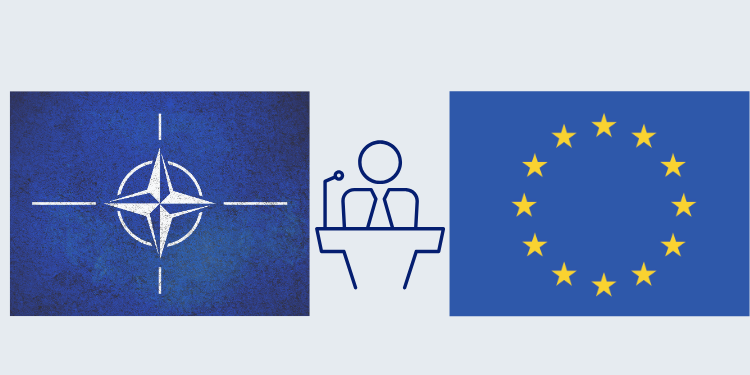NATO and EUCO Boost Defence Goals: Money, Momentum but what about Manpower?
The recent NATO Summit in The Hague and the European Council (EUCO) meeting in Brussels marked a significant shift in European defence posture. While reaffirming core principles such as collective defence and transatlantic unity, both summits were dominated by one clear message: defence spending must rise and fast.
NATO Allies committed to increasing defence and security-related expenditure to 5% of GDP by 2035. This ambitious pledge, outlined in the Hague Declaration, is split into two categories: at least 3.5% for core defence requirements, and up to 1.5% for broader security priorities, including cyber defence, innovation, and industrial support.
While this renewed investment drive is significant, challenges lie ahead. Turning budgetary goals into operational readiness will require not only equipment and infrastructure, but also people. Recruitment and retention shortfalls persist across member states. At the NATO Public Forum, EUROMIL President Emmanuel Jacob questioned how higher spending would lead to more personnel and better service conditions. NATO Secretary General Mark Rutte acknowledged the issue, pointing to reforms underway, but the concern remains: without attractive careers, competitive pay, and smarter recruitment, the numbers may not add up.
You can watch the Q&A with NATO Secretary General here (8:50 – 10:17).
Critically, the Declaration omits any mention of China or climate change, both previously acknowledged as strategic concerns. Terrorism remains the only explicitly listed threat, suggesting a more narrowed risk outlook at a time when hybrid and systemic challenges are growing.
The EUCO conclusions echoed NATO’s calls by discussing financial tools such as the SAFE regulation and the national escape clause under the Stability and Growth Pact. Reinforcing support for Ukraine and pushing for deeper integration of the European defence market was also a main priority. Moreover, the EU underlined the need to strengthen military mobility and resilience, following the Preparedness Union Strategy, across the continent, while acting in full complementarity with NATO.
Still, translating ambition into action will take time and political will. Countries face differing fiscal and social constraints, and definitions of defence spending must be harmonized to ensure transparency. Thus, EUROMIL stresses that without putting people first, the men and women in uniform, all these defence plans will fall short.

